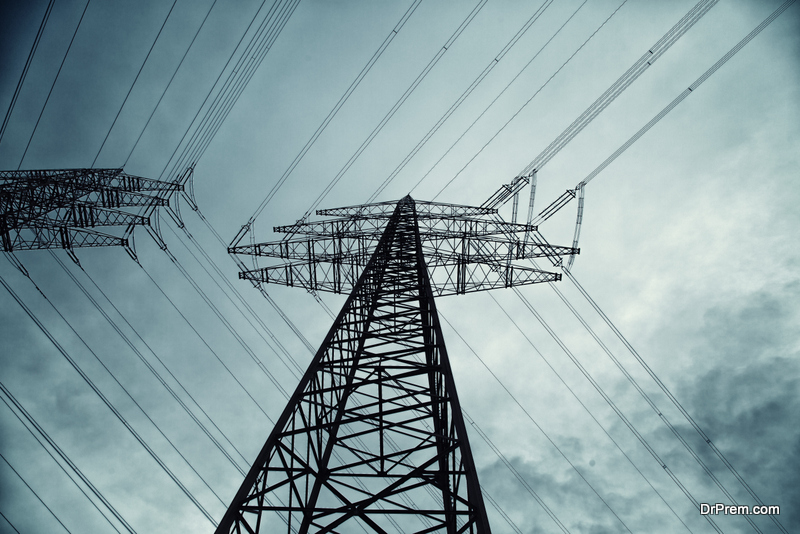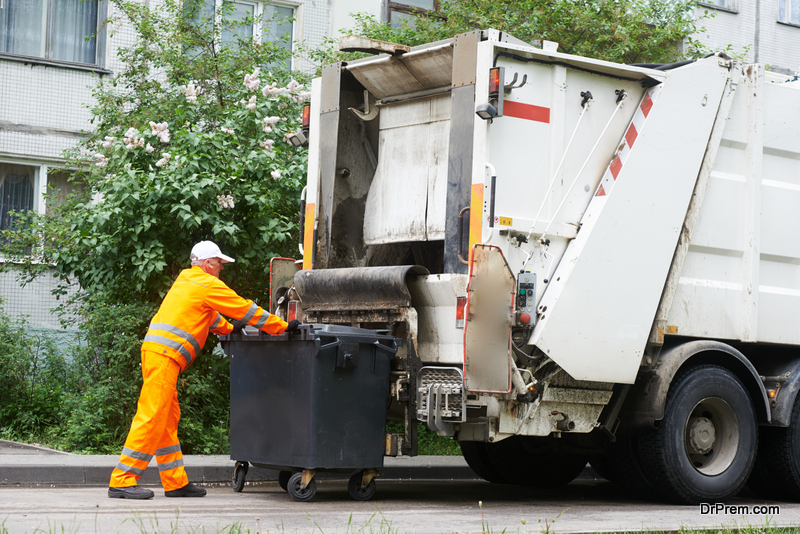For a long time, a lot of public services were provided by government bodies. The general consensus was that a government body would not pursue undue cost-cutting and provide the best efficiency. However, in the 1980s, a paradigm shift took place. Looking at the level of service and efficiency provided by some private organizations, privatization of public services was mulled upon. The governments started giving out contracts and began privatizing public works. The privatization of public services could indeed be a better alternative to public sector management as it was profit-driven, could take advantage of economy of scale, and reduced political influence. Now, the idea of privatizing federal electricity infrastructure is being given a thought. But before we can talk more about that, let’s try to understand what privatization is.
Privatization:
Privatization of public services means the handing over of operations and public entities over to private organizations that are already adept at doing those jobs. This could mean building roads, providing water and electricity, trash collection, sewage treatment, etc. The benefits of privatization are more than enough to overlook some of the disadvantages it may offer.
The extent of the undesired features of privatization can be further reduced by defining clear-cut regulations and services expected from the private contractors. Privatizing federal electricity infrastructure could help the government and the citizens take advantage of the benefits of privatizing public works.
Privatizing federal electricity infrastructure:
Privatization of public services has been doing phenomenally well as observed over the past few decades. When it comes to electricity generation and transmission, private companies are beating the federal management in terms of efficiency, reach, and environmental impacts.
The federal government owns a section of the electricity infrastructure. It generates about 7% of the electricity output and maintains 14% of the electricity transmission lines in the country. Privatizing federal electricity infrastructure could turn the tables around and provide the nation with a better service overall.
The private companies, in this sector as well, can reap benefits of the economies of scale, thus reducing the electricity cost for the common man. These organizations almost always bring about significant change in the methods they apply. They use innovative methods and fund research on the other hand, to provide services that are affordable for the buyers and bring the organizations profit. This kind of mutually beneficial setups helps build their reputations, thereby bringing them more clients. The government giving them reigns over the infrastructure could help them optimize their processes. This means the private companies have enough room to make changes such that they save big on costs along with the consumers.
Advantages of privatizing public works:
Reduced taxes:
Private organization bid for government contracts. These bids allow the government bodies to choose the most affordable service provider. Less spending on one end will reduce taxes that the common citizen has to pay.
High efficiency:
The organizations are accountable to the government as well as to themselves. They look for creative solutions to perpetual problems, identify sections that bleed money, and rectify them. For example, a trash collection company may use the trash to generate power and save the government body or the consumer indirectly hundreds of dollars that they used to spend on the garbage disposal.
Negligible political influence:
The private companies refrain from accepting bribes and install quality audit teams to prevent such crimes. The government officials are less likely to intrude for personal gains.
Disadvantages of privatizing public works:
Bad service:
If left unsupervised, the private companies may only provide minimal services to increase their profit margin. They may also use wrong means to extract more money from government entities by showing fabricated bills and expenditures.
Limited flexibility:
When public services are leased to contractors for long periods of time, it constricts the hands of the policymakers. A minimum intrusion may sometimes lead to big scams.
Conclusion:
The privatization of federal electricity infrastructure could lead to an increased efficiency in the energy sector. As energy generation is directly linked to environmental impact, the reduced damage caused to the environment by a supervised private organization is definitely a big win in the long run.
If such a proposal is considered, there must be competition in the market for the contract. Without competition, it is seen that private contractors do not strive to give their best performance. They may start taking the opportunity for granted and do the bare minimum or less so they can reel in greater profits.





